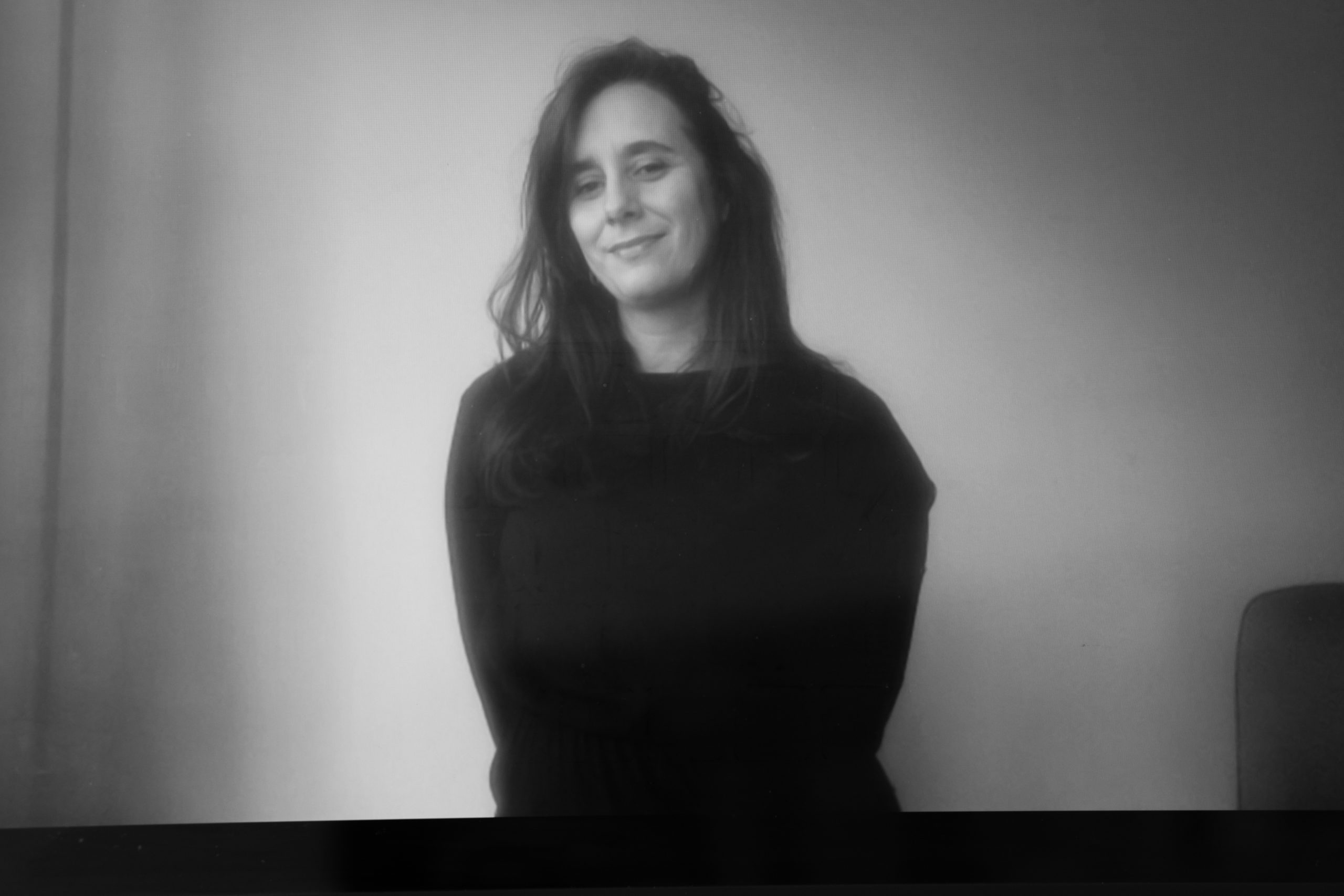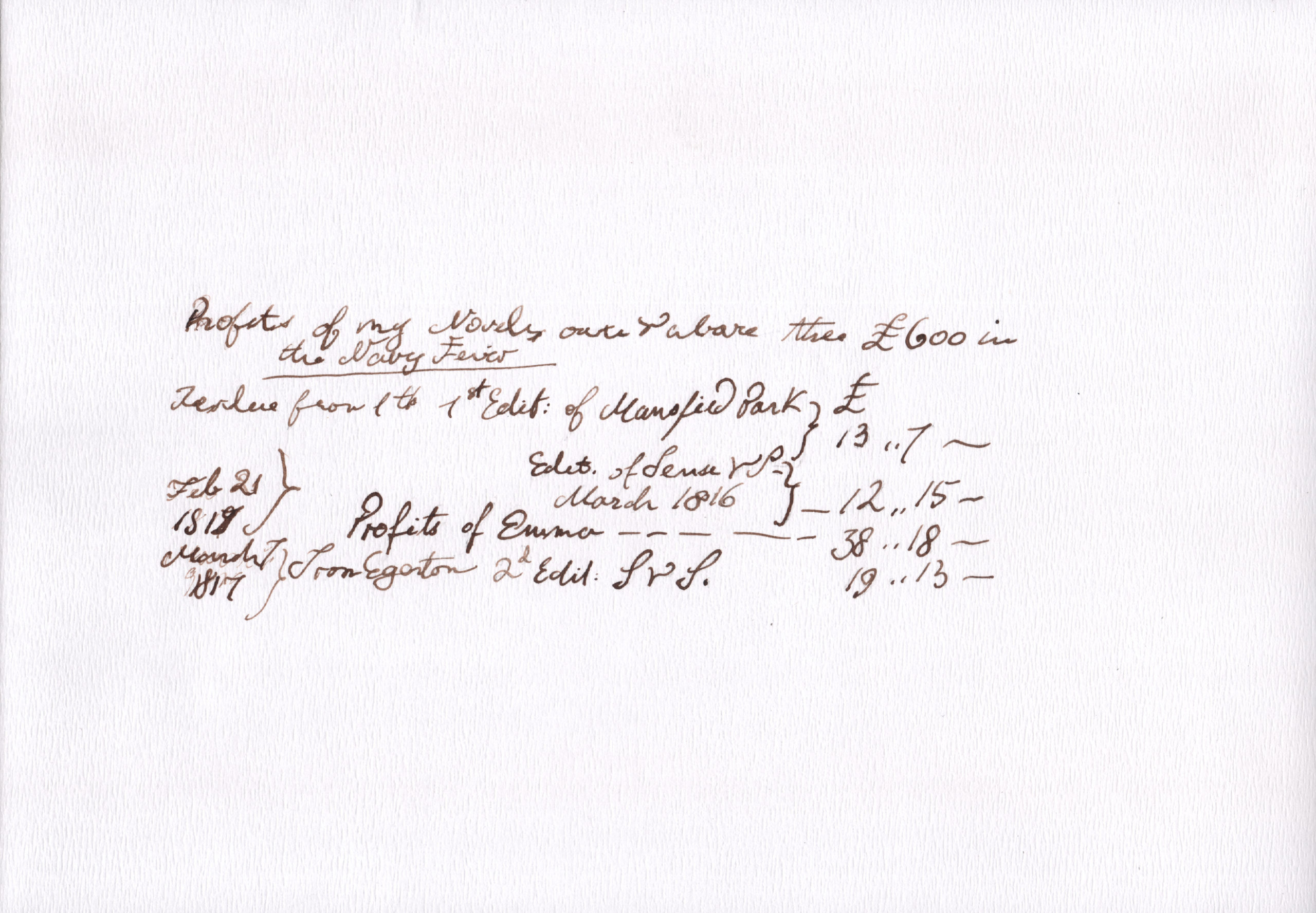Category: Artists' Film International — Published:
Artists’ Film International is a collaborative project featuring film, video and animation from around the world. During 2020, works responding to the theme of language unfold across all 20 partner organisations. Although our venues’ doors may be shut we are continuing to share exciting international work online.
Life can feel like the accumulation of words in a book as we record thoughts and experiences. What if we could reverse, pause or accelerate these in the same way that a book’s pages can be flipped back and forth?
“Janus was a two-faced god in Roman mythology: one face looking to the past and the other to the future. Janus was the god of doorways, beginnings and endings. In this series, the books’ pages behave like Janus, going from past to future of a text or vice versa. Jano is the attempt to revise the minimum portion of time that can be frozen in movement, through image.” (Leticia Obeid)
 Portrait of Leticia Obeid. © Catalina Bartolomé.
Portrait of Leticia Obeid. © Catalina Bartolomé.
Where are you from and how did you become interested in moving image work?
I am from Córdoba, Argentina, and I started making video in 2001 because it united all my interests of the moment: language, performance, sound, image, narration. It has fascinated me ever since. I really like filming and editing.
What inspired/influenced you to make Janus?
Jano was part of a process of mourning and my interest in thinking if time could go back. I was trying to capture the second where a page can go back, reversing the narration.
 Leticia Obeid, Still from Jano (Janus), 2015 , Video, silent, 2:25 min. Selected by Fundación Proa, Buenos Aires.
Leticia Obeid, Still from Jano (Janus), 2015 , Video, silent, 2:25 min. Selected by Fundación Proa, Buenos Aires.
Where does the work fit into your wider practice and concerns?
All my work revolves around language, words, reading, the act of writing, and translation between images and words. Janus is a synthesis of all this.
During the current climate, how are you maintaining your art practice from home?
Quarantine allows me times of concentration and connection with ideas, readings and questions that I find inspiring. Despite the anguish, it has been quite a productive time for me.
What are you exploring/experimenting with during this time?
I am manually copying manuscripts from writers that I admire. It is an act of repetition, almost like a meditation, and a search too.
 Leticia Obeid, Huxley: Mensaje final, 2020, Ink on paper, 21.8 x 15 cm.
Leticia Obeid, Huxley: Mensaje final, 2020, Ink on paper, 21.8 x 15 cm.
Leticia Obeid was born in Córdoba, Argentina, en 1975. She lives and works in Buenos Aires. She studied painting at the School of Arts of Universidad Nacional de Córdoba (UNC). Residencies include: the Atlantic Center for the Arts, USA; Cité Internationale des Arts, Paris, France, and Casa Vecina, Mexico City. Recent exhibitions and projections include: Reverberations: art and sound in the MUAC collection, Mexico City; Focus Argentina, ARCO, Madrid (2017); Poéticas Políticas, Parque de la Memoria, Buenos Aires; International Short Film Festival, Oberhausen, Germany; Sights and sounds: highlights, Jewish Museum, New York (2016); Lo contrario de la magia, MALBA, Buenos Aires (2014); The Right to the City, Stedelijk Museum, Amsterdam (2013); The Life of Others. Repetition and Survival, Akbank Art Center, Istanbul (2013); Entre siempre y jamás, Latin American Pavilion, 54th Biennale di Venezia (2011); Conversas, 6th Bienal del Mercosur, Portoalegre (2007). She has published the novels Frente, perfil y llanura (Ed. Caballo Negro, Córdoba, 2013) and Preparación para el amor (Ed. Caballo Negro, Córdoba, 2015) and the monographic book Leticia Obeid. To write, to read, to listen, Blatt&Rios, 2015 (bilingual edition).
Fundacion PRÓA opened in 1996 in an historic building in the La Boca district of Buenos Aires and organises multi-disciplinary exhibitions of Argentine and international artists. In 2008 the Foundation launched its renovated building with a major exhibition of Joseph Beuys.
 Leticia Obeid, Jane Austen: Cuentas, 2020, Ink on paper, 20.8 x 29.5 cm.
Leticia Obeid, Jane Austen: Cuentas, 2020, Ink on paper, 20.8 x 29.5 cm.